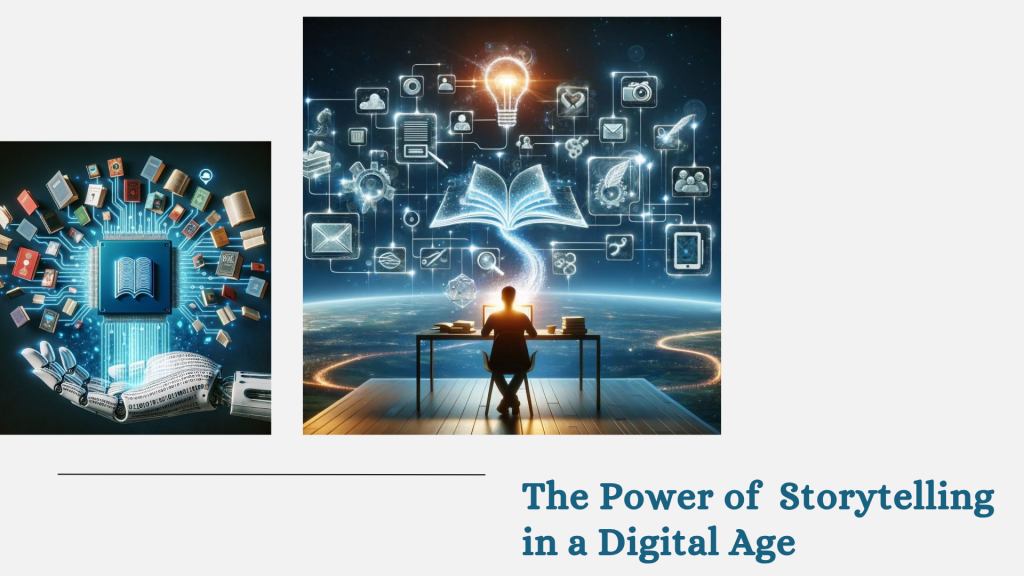The Power of Storytelling: Why Books Still Matter in the Digital Age
BY AMRUTHA KRISHNAN
18 April 2025

“Why do we still read books?”
These days, everything around us is quick—short videos, reels, social media posts etc. leading to endless scrolling. We get updates in seconds, and most of them disappear just as fast as we have seen them. So it’s easy to think books are no longer important. But that’s not true. Books still mean a lot. They offer something that fast content can’t: time, depth, and feeling.
Books let us slow down. When we read, we don’t just skim—we dive in. We walk beside the characters, feel their struggles, and see the world through their eyes. A short video might give you a laugh or a quick fact, but a book? It gives you the whole journey. Whether it’s a story, a real-life account, or something educational, books stay with us much longer i.e storytelling isn’t something new. Long before the internet era, people told stories around fires, painted stories on the walls, or wrote them down. Some of those old stories still move us today.
That’s the beauty of books—they carry voices from the past, reflect the present, and sometimes even imagine the future. They remind us that stories are part of who we are.

In today’s world, it’s hard to focus. We’re always getting pinged by messages or distracted by something new. But reading a book is different. It’s quiet. It’s calm. It pulls us away from the noise. Sitting with a book, turning its pages, and getting lost in a world with no ads or pop-ups—it’s refreshing. It feels like breathing in a busy world and thanks to technology, reading has actually become easier in some ways. E-books and audiobooks mean we can carry stories wherever we go—on a bus, during a walk, or even while cooking. The format might have changed, but the magic of reading hasn’t. A good story still speaks to the heart, no matter how we hear it.
In a world that prizes speed, books invite us to be patient. They don’t demand instant reactions or likes—they ask us to stay awhile, to think, to feel. That act of slowing down isn’t just about relaxation; it’s a form of resistance. It’s a way to reclaim our time and attention in an age of constant distraction. When we sit with a book, we are reminded that not everything meaningful can be rushed. Some truths take time to unfold, and books give us the space to discover them at our own pace. They teach us that being present—truly present—is where the richest moments happen.

One of the most powerful things about books is how they build empathy. When we read stories from different cultures, experiences, or points of view, we begin to understand lives that are different from our own. A novel set in a faraway country, a memoir about overcoming adversity, or even a fantasy about imaginary worlds can open our minds in unexpected ways. Books gently challenge our assumptions, show us new perspectives, and teach us to care more deeply about people and situations we may never encounter in real life. In a time when the world can feel divided, stories have the quiet strength to bring us closer. That’s not just entertainment—that’s transformation. And it’s one of the many reasons why books continue to matter, not just as sources of knowledge or escape, but as bridges that connect hearts across time and space.
Books have always had power. Some have changed the way people think. Others have started movements or challenged wrong ideas. In a time where false news spreads fast, books still give us something solid—time to think, learn, and see the world in a deeper way.
Yes, books may seem old-school. But that’s part of their charm. They remind us of who we are. They help us feel more, understand more, and take a break from the rush. Whether we hold them in our hands or hear them through our headphones, books still matter. Maybe now, more than ever.
